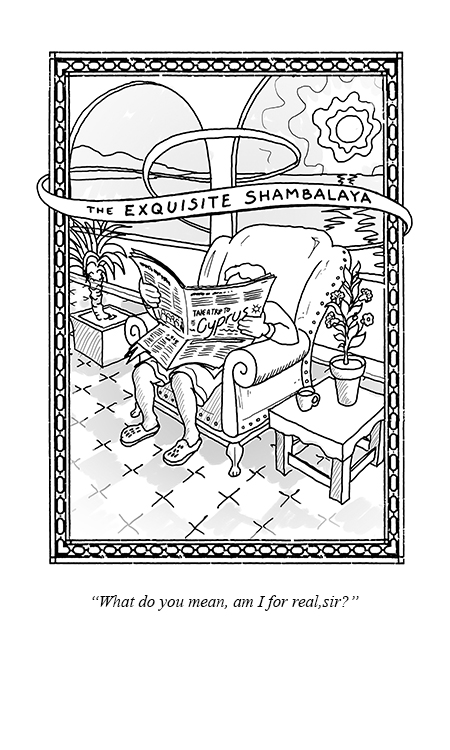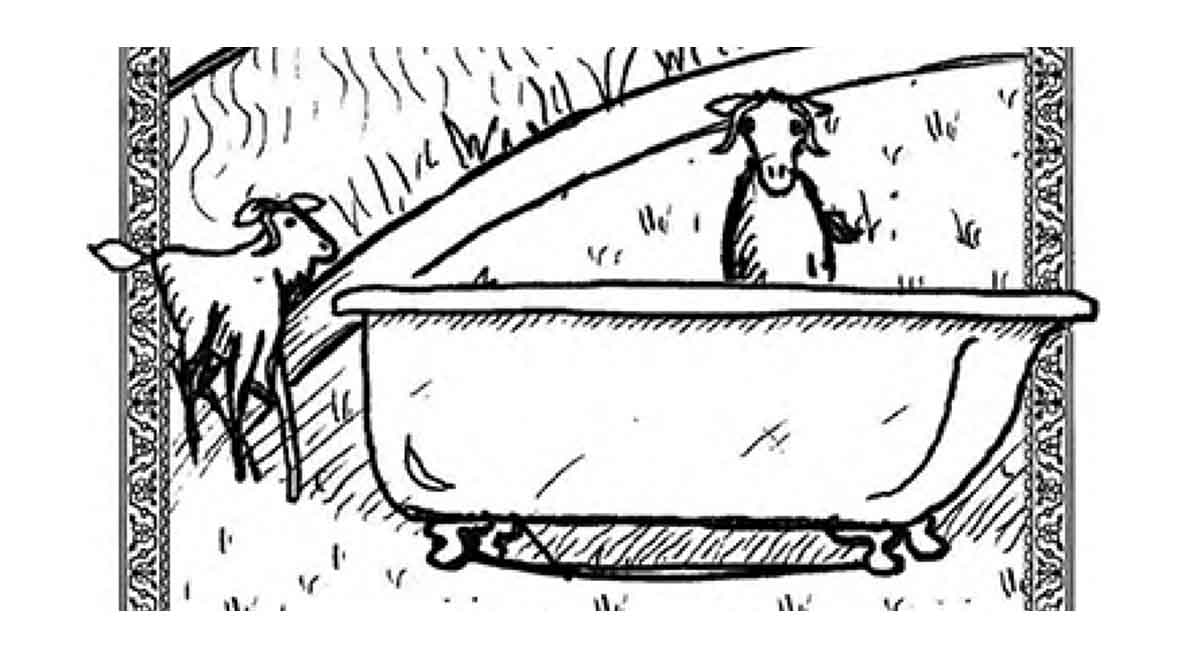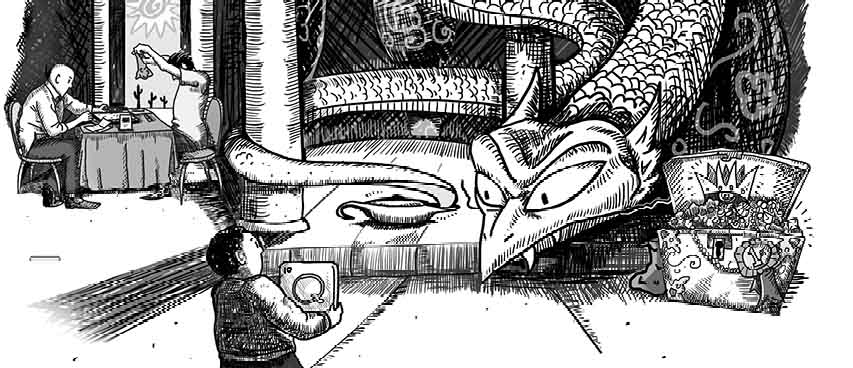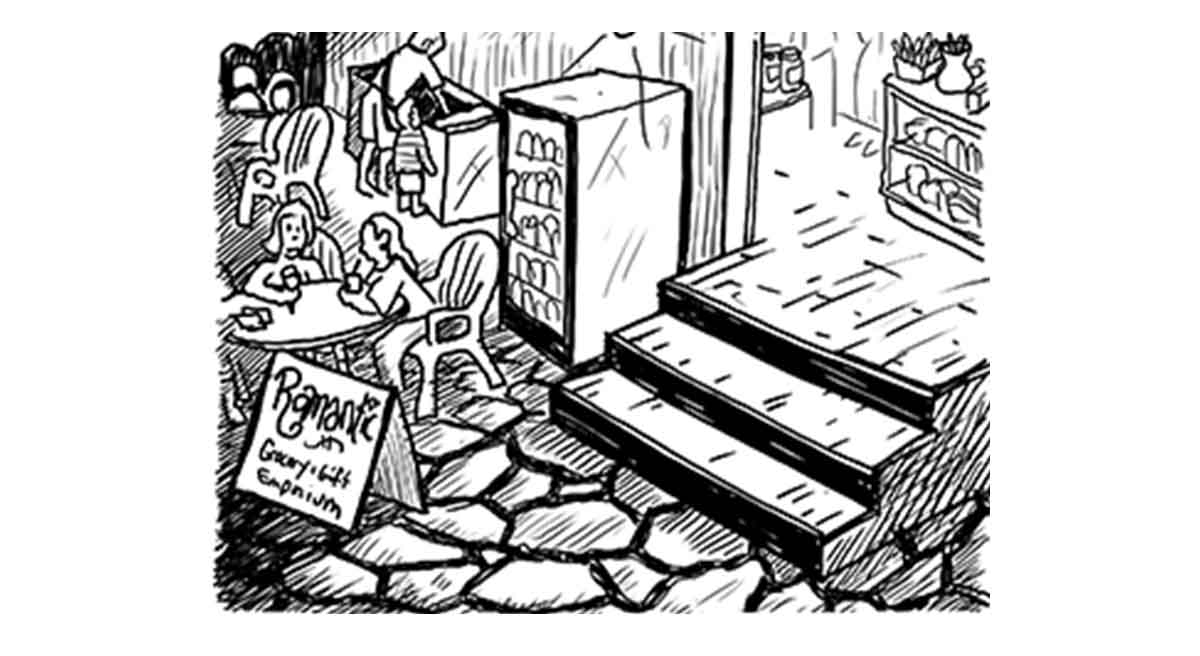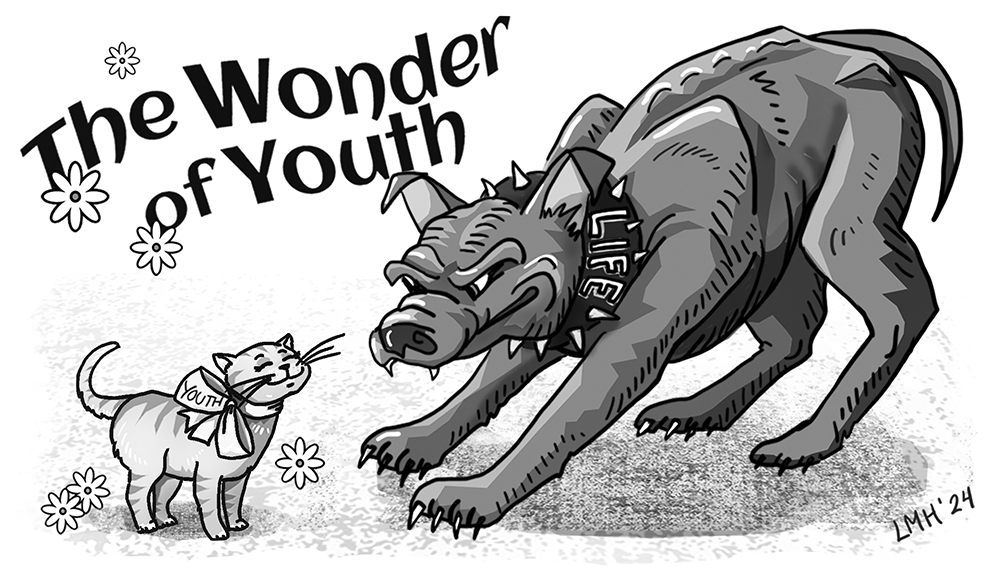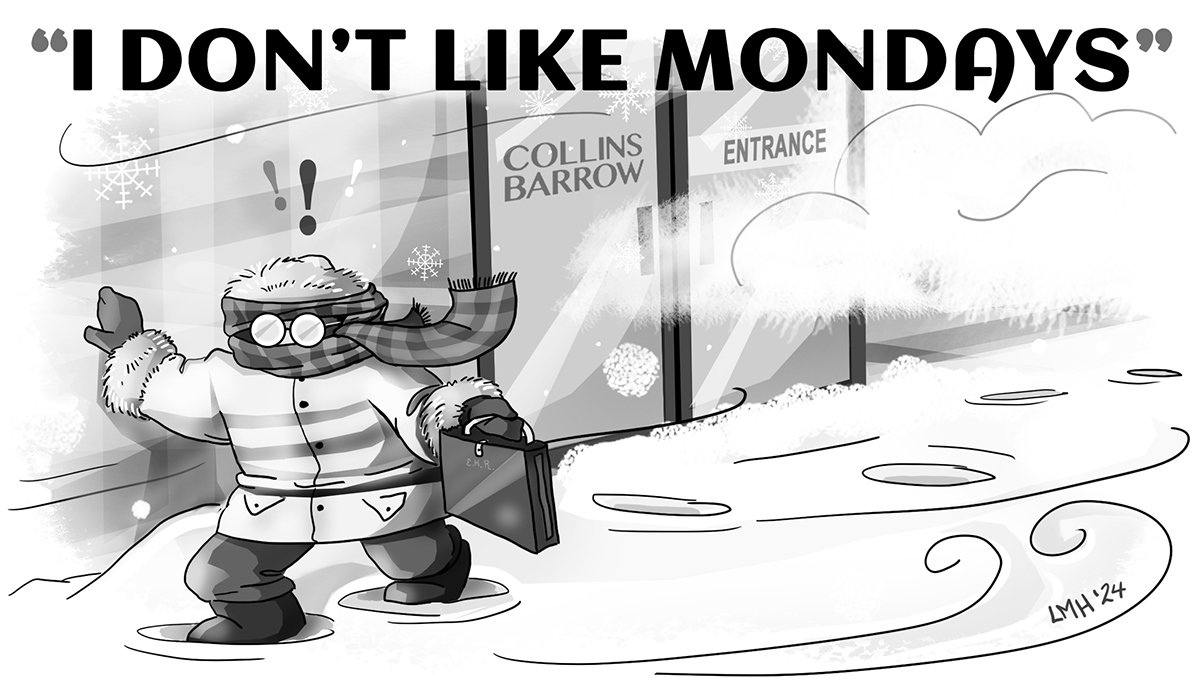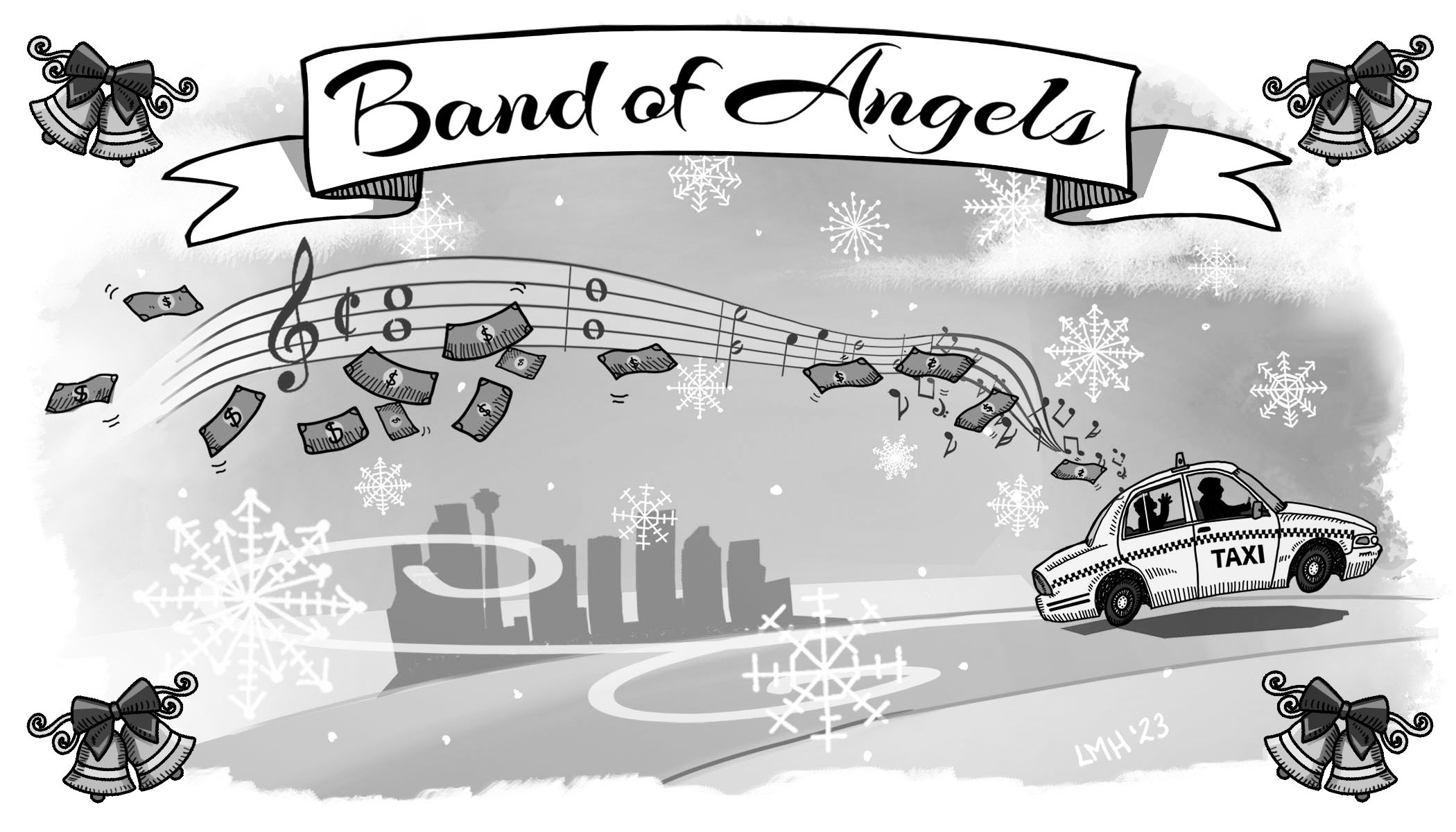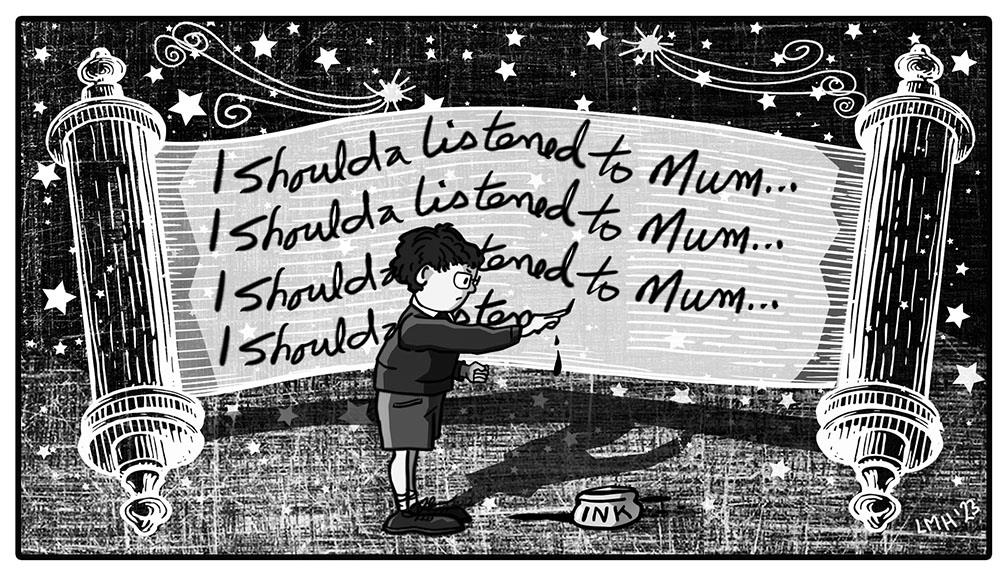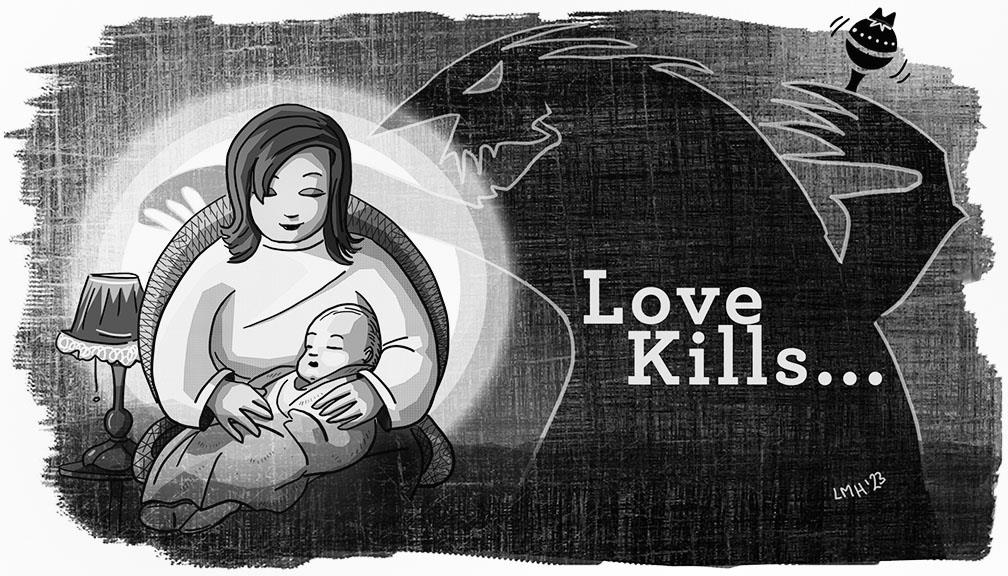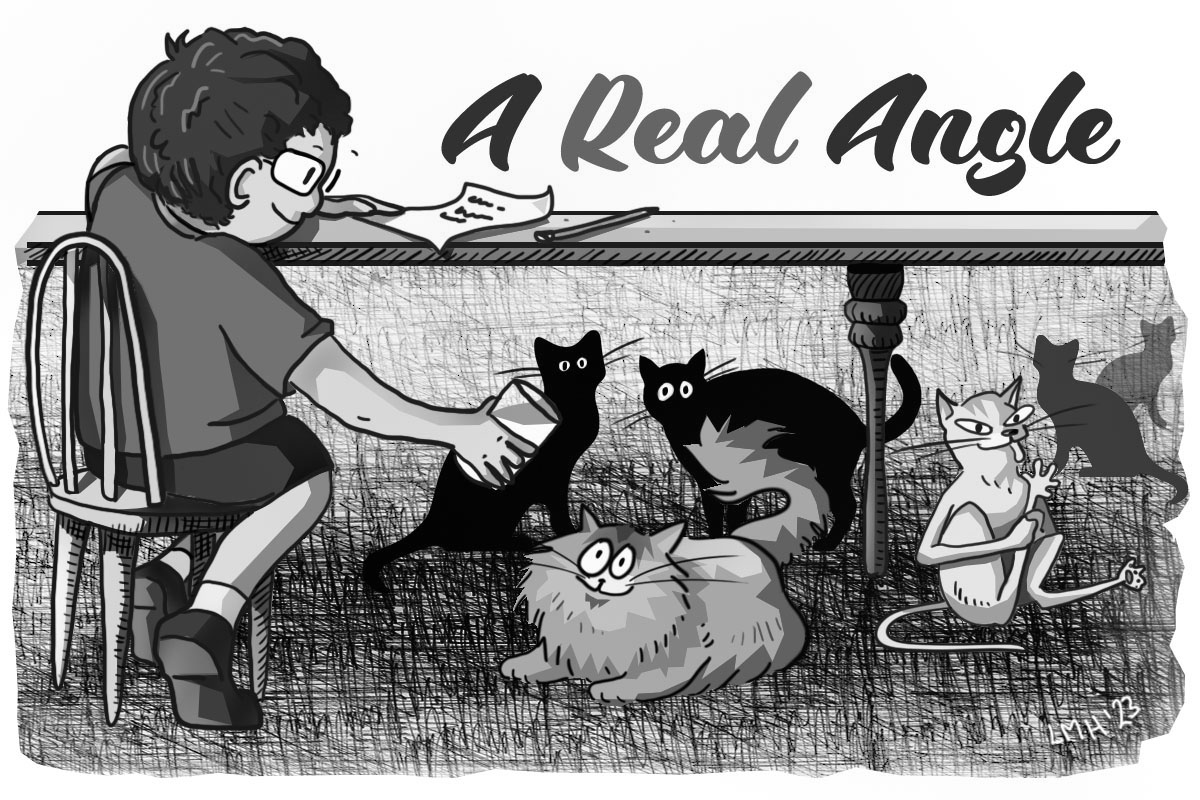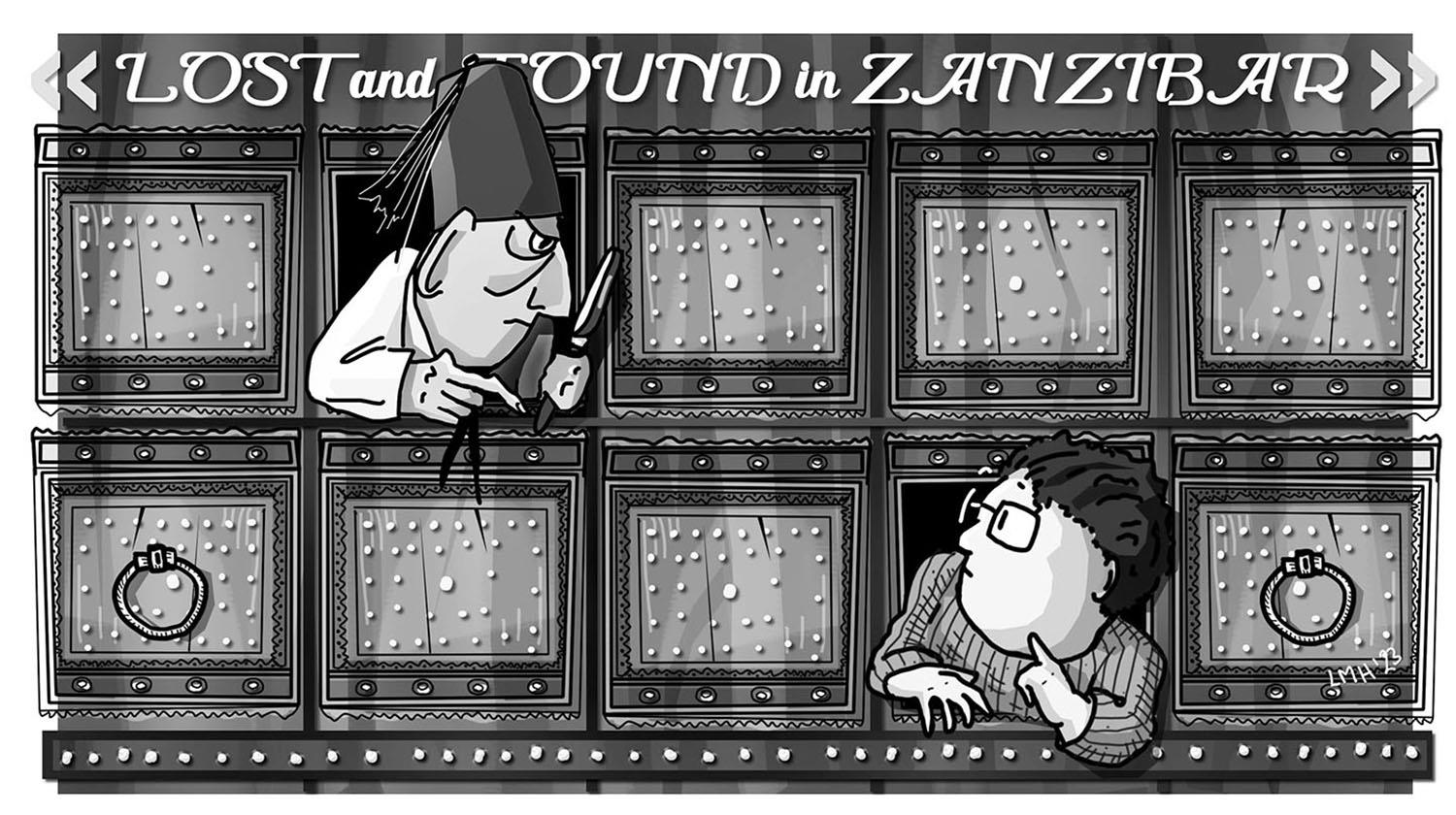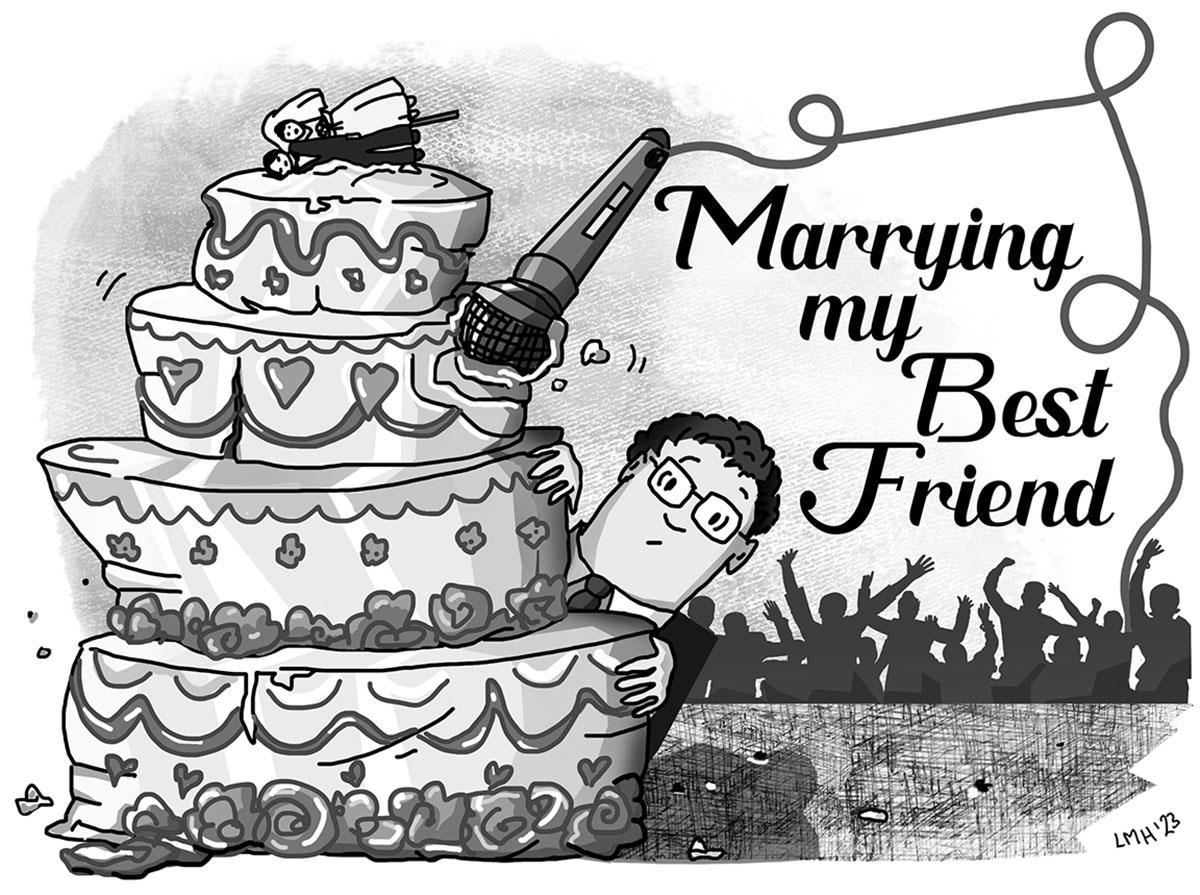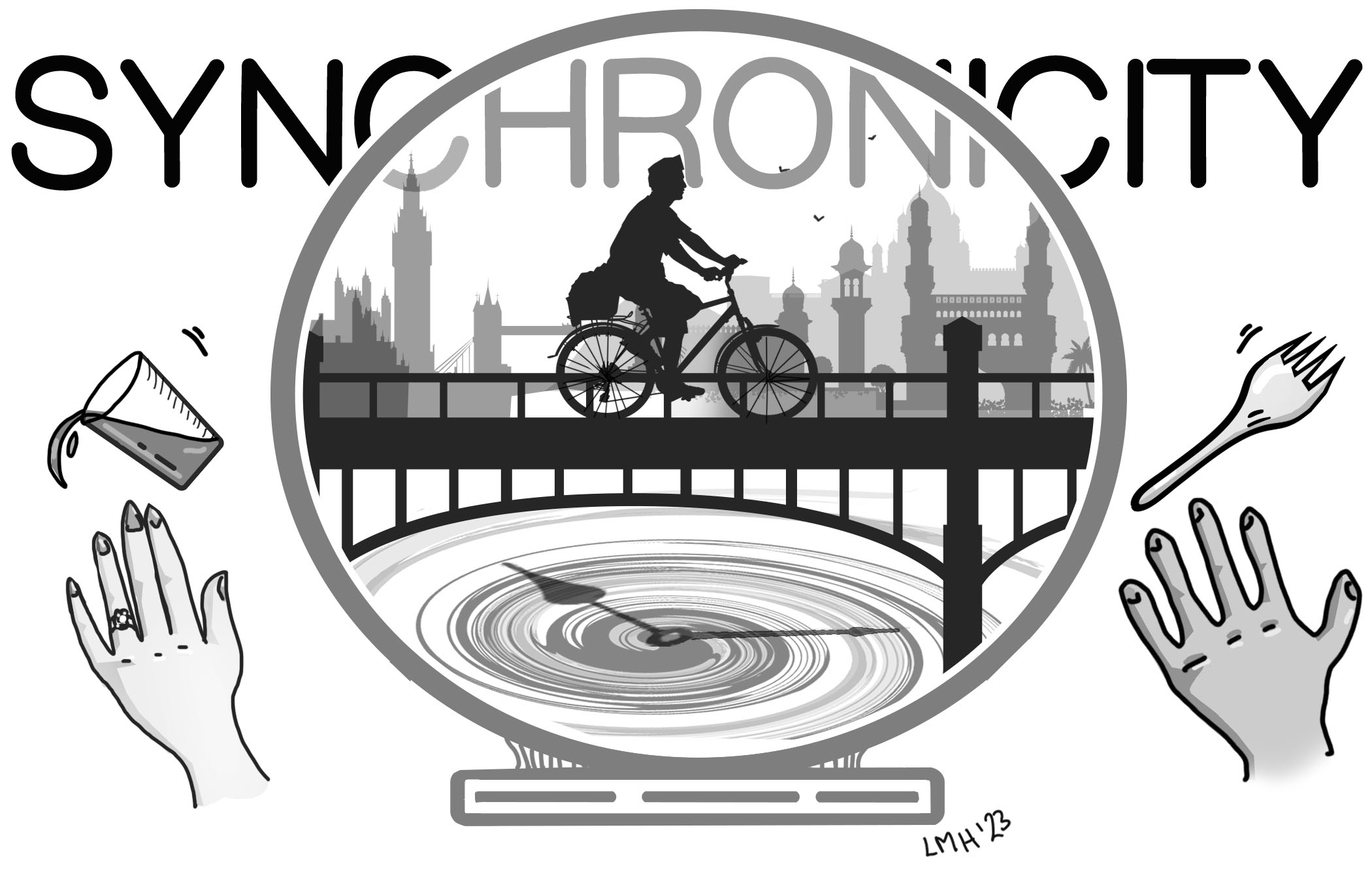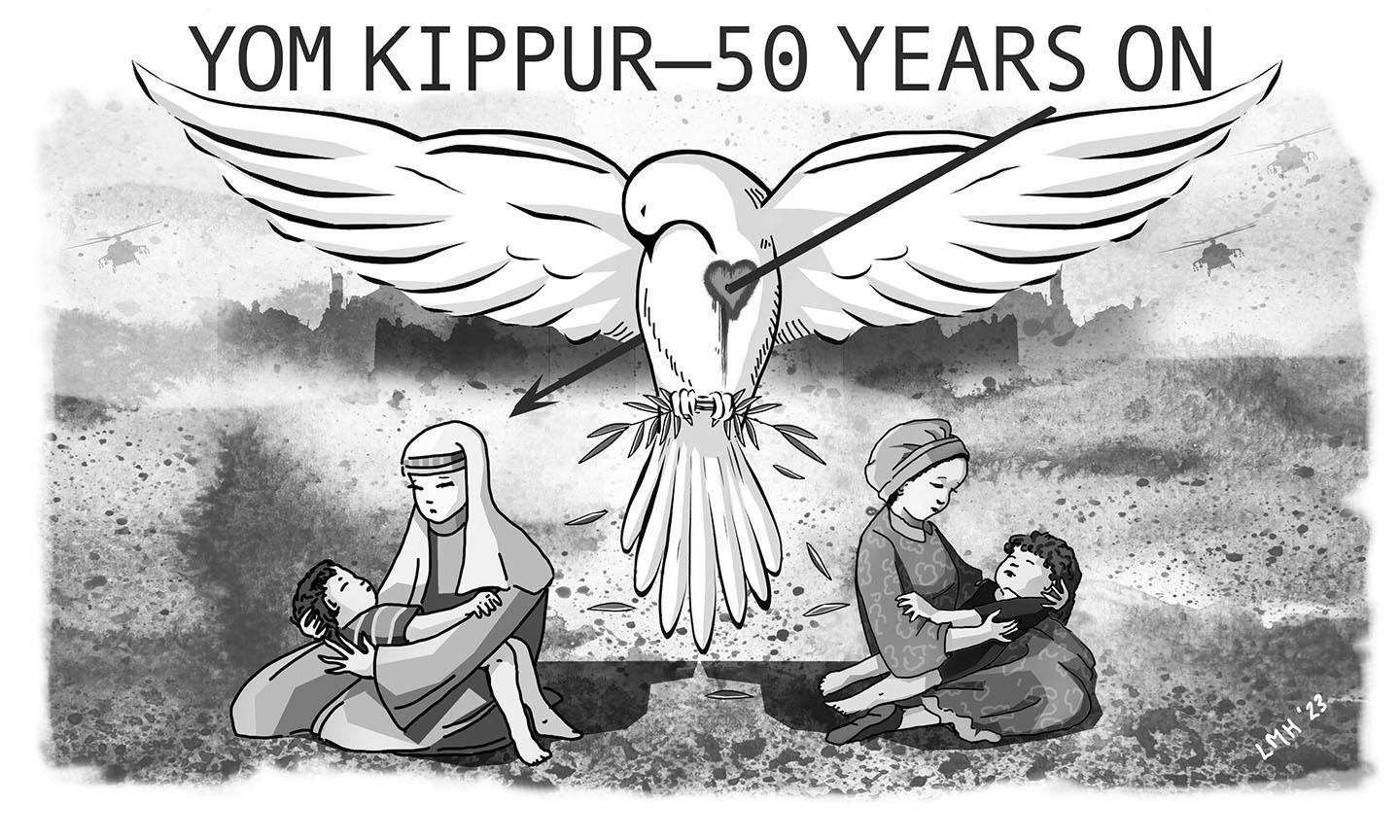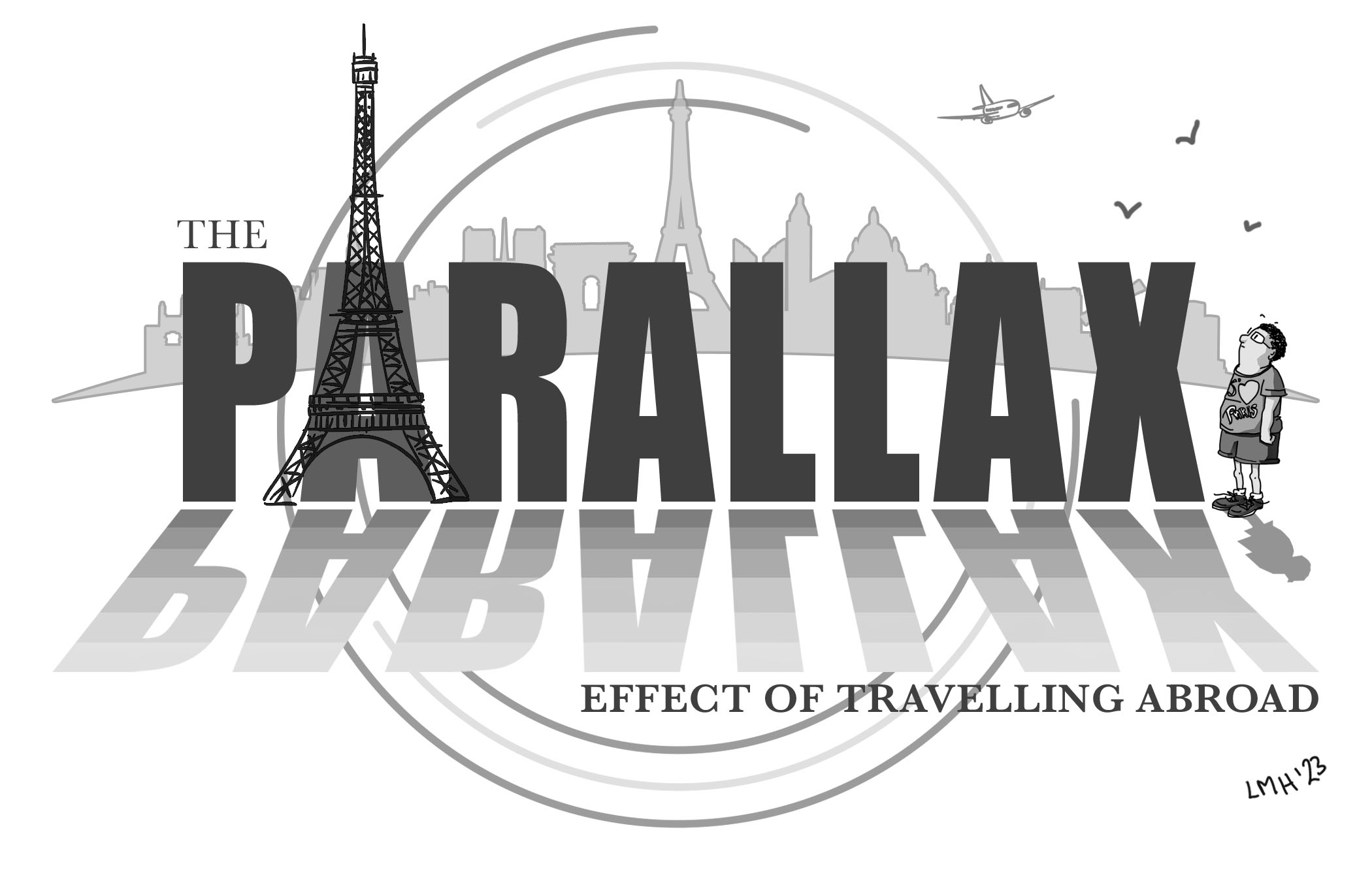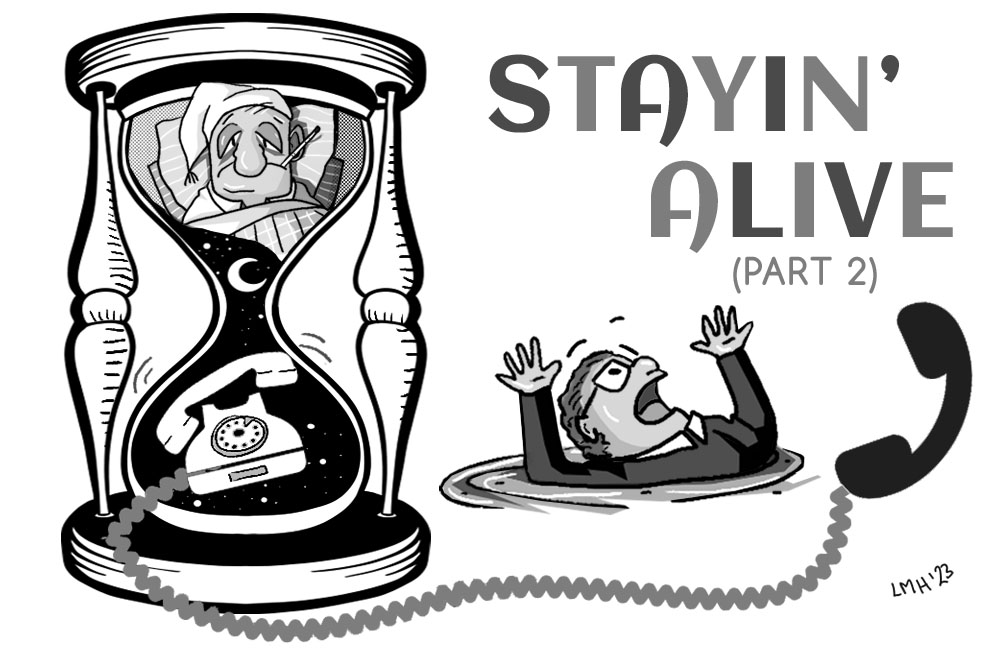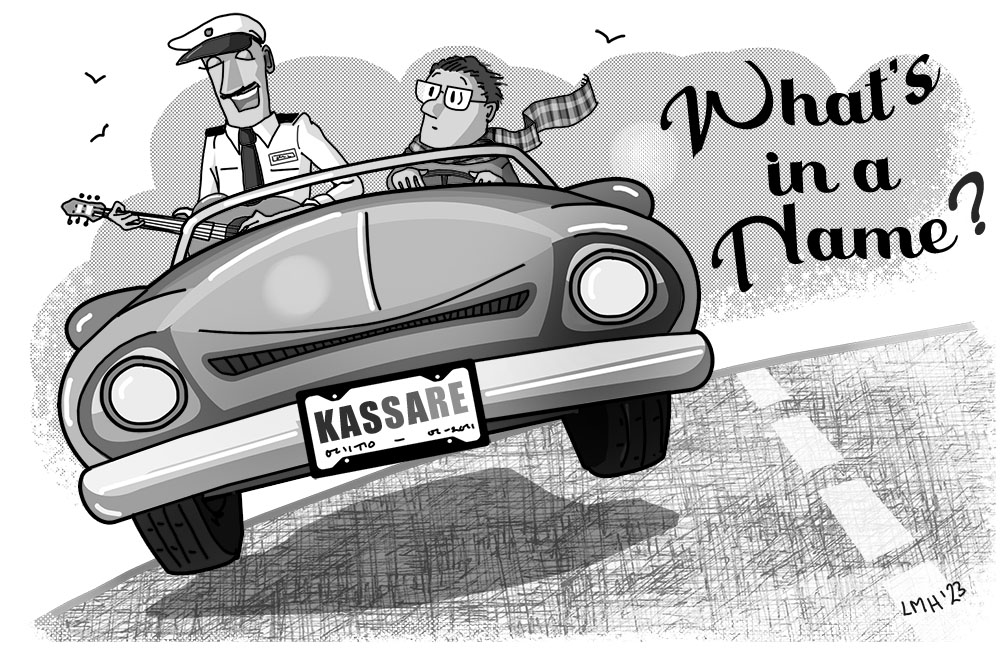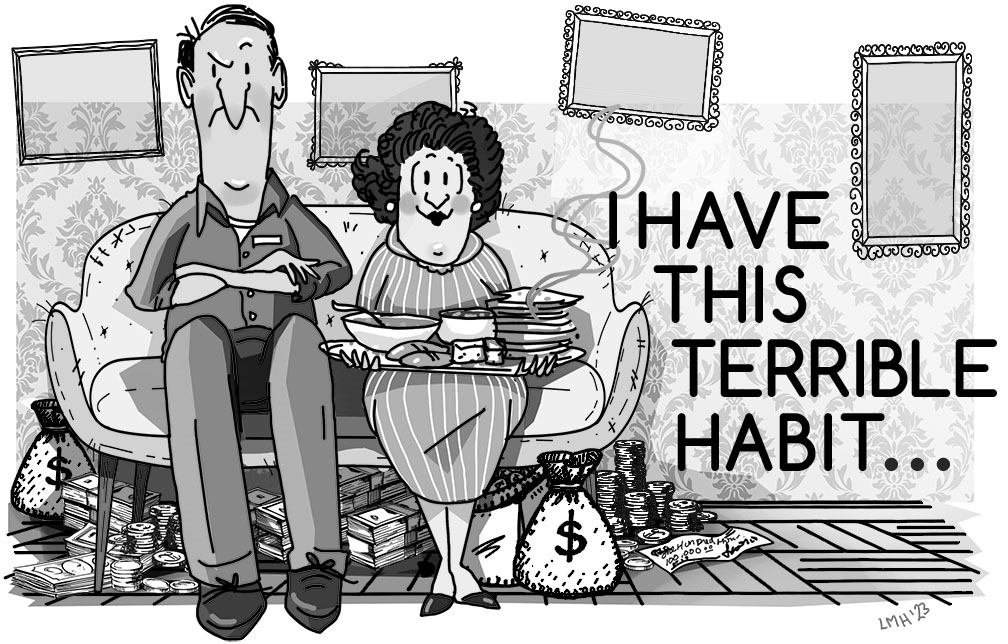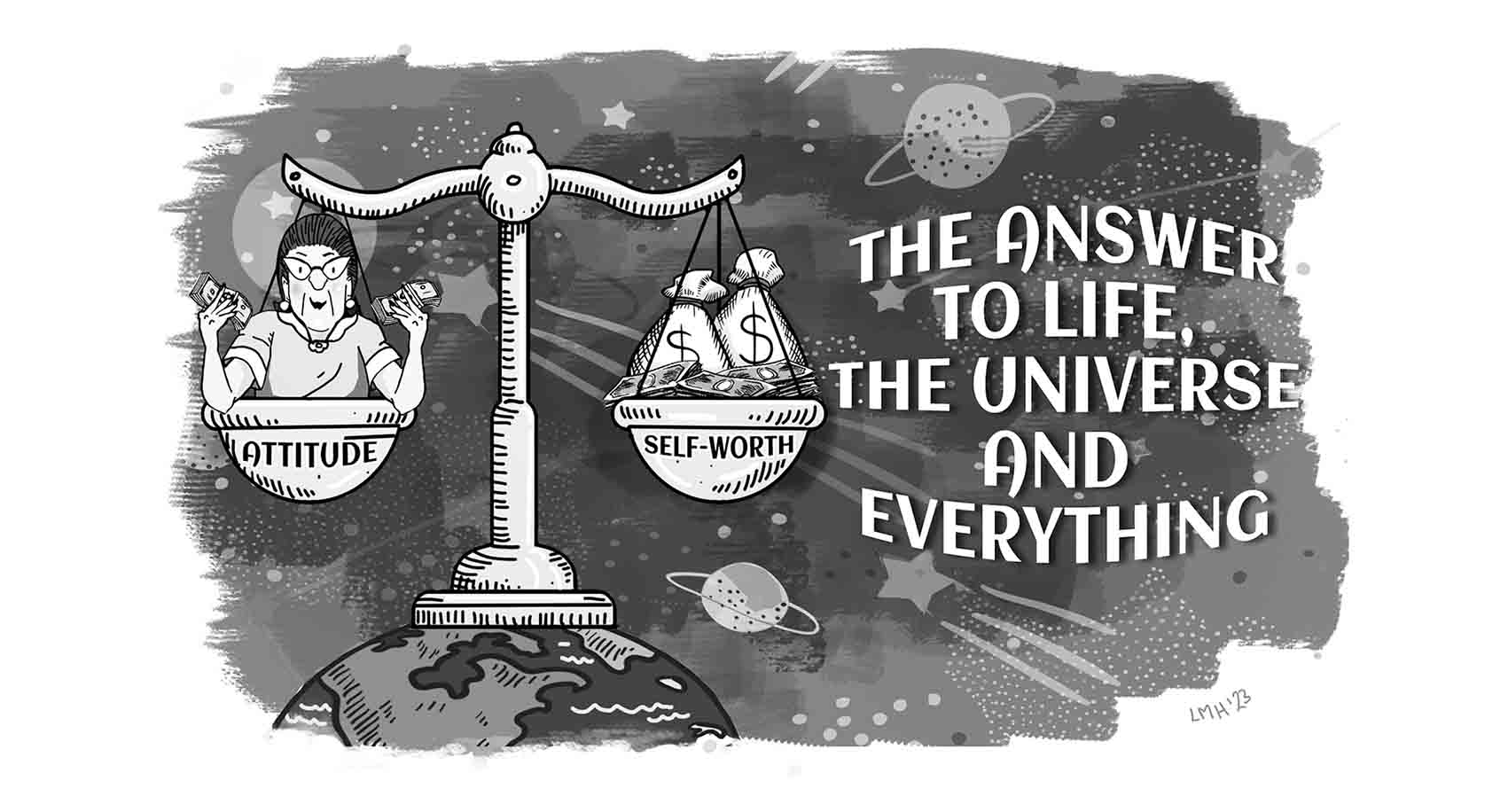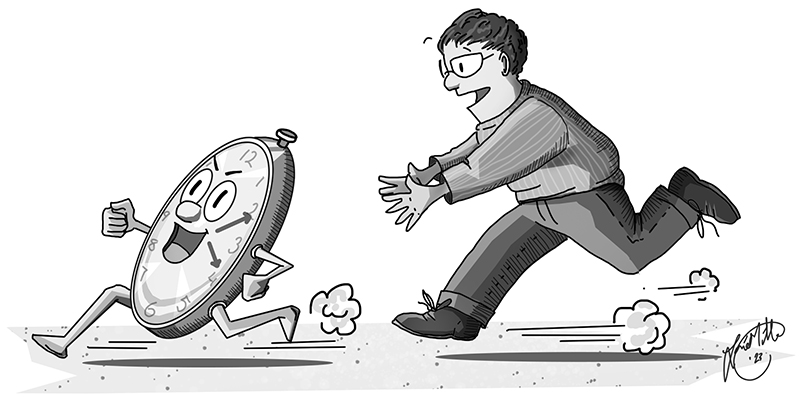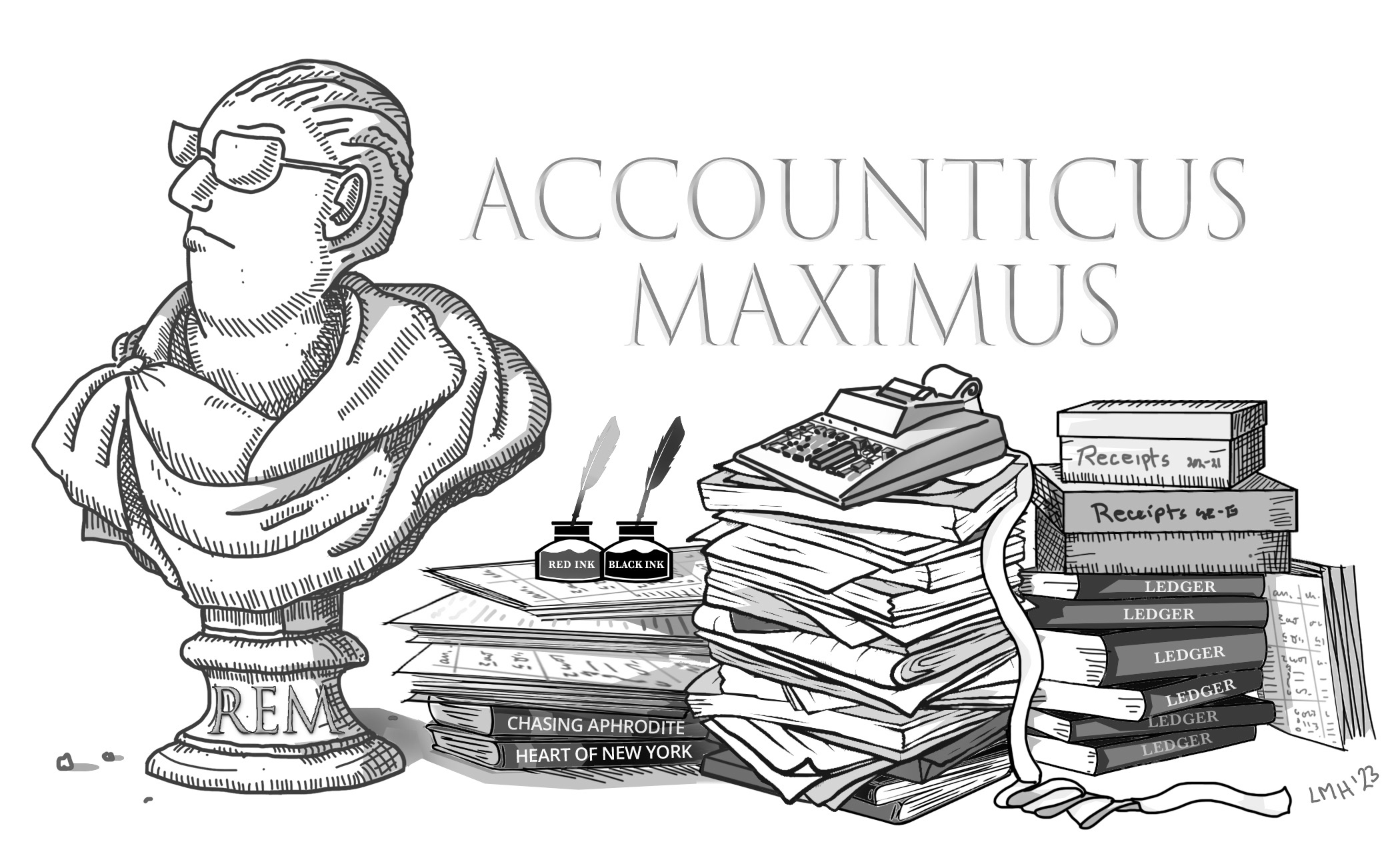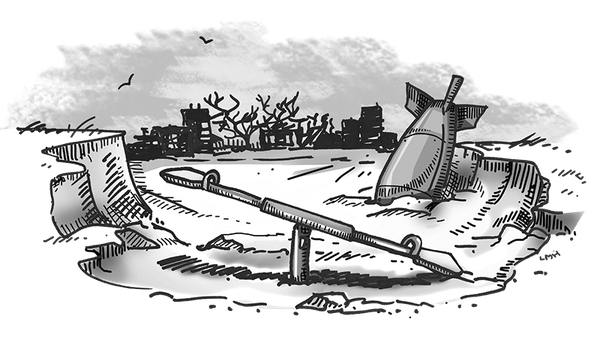The Galeries Lafayette in Paris is one of the most beautiful women’s fashion houses in the city.
A seven-storey building, it’s a layer cake of open galleries, one placed upon the other, topped with a stained-glass dome. It was completed in 1912 in the Art Nouveau style.
One afternoon, I took my wife to shop on the third floor. Surprisingly, the area was deserted. I saw a vacant, steel-tubed chair, sat on it and took out a book to read, resigned to while away the time as Laura looked around.
“You! Get off that chair!” It was a young twenty-year old girl hectoring whom she assumed was an elderly man in dirty shorts and a sweaty T-shirt—certainly not a respected client.
“Why? “
“It’s MY chair.” She spoke in perfect English.
“You weren’t here AND you weren’t using it. My wife is shopping and I’m waiting for her.”
“Get off that chair.” With that she hauled me off, took the chair and placed it beside her. She was the salesgirl cum cashier, always standing up and not ever using the chair.
“Where’s the manager?“
“His office is in the basement.“
Abandoning my wife, I stormed down to complain.
The man—probably in his late twenties—was the picture of a suave, cultured Parisian. He wore an exquisitely-cut dark blue, finely striped suit. His fingernails were manicured to perfection. He listened to my complaints in full, without interruption. “I will talk to her.” He apologized profusely and went back to reading his correspondence.
“I would like you to come with me now and talk to her.“
The conversation between the two was in pure and speedy French. I had spent twelve excruciating years learning French at school.
“Whatever she’s telling you is untrue. Why is she not speaking English to include me?”
The manager meted out a mild reprimand, smiled and was about to leave. I put out my hand. He wouldn’t shake it. I gave him my business card, which he took. I followed this with another attempt to shake his hand. He wouldn’t. He did this all with a deprecating smile.
The salesgirl had secured the chair behind her.
I promptly collected my wife and left. The brouhaha had left me famished.
The seventh-floor canteen offered the most delicious pastries and meals. I then needed a washroom. There was one, up a further set of stairs. However, the stairwell was barred by bright yellow tape and a notice in French “Under Construction”. No workmen present, I took a chance.
As I left the washroom satisfied, I noticed another set of stairs leading up to an open door to the roof. I rushed upstairs, looked around and immediately fetched my reluctant wife.
The roof was the size and shape of an American football field. It was covered with artificial grass. No one was around.
WE HAD STUMBLED ON THE MOST BREATHTAKING VIEW IN THE WORLD.
In front of us, across the road was the Paris Opera House. To the left, the Louvre with its glass pyramid and beyond, Notre Dame. We took a lap, turning towards the Sacre-Cœur, and ending with an unparalleled view of the Eiffel Tower. Not one tourist blocked our view. Having taken all the pictures in the world, we crept back into the canteen unnoticed.
An hour later, laden with oversized shopping bags emblazoned with the Galeries Lafayette logo, we walked towards the large entrance doors we had come in.
Two beefy security guards pounced on us. “Sir, can you please use the basement to exit?” I blew up. “What do you mean!!! Aren’t we good enough to go through your main door?”
“Sir, look out of the window. What do you see?”
“I don’t know. A bunch of Romany children?”
“Exactly. Behind them are their gypsy parents. The children have been trained to swarm you and steal everything they can from you. We have a courtesy limousine waiting for you downstairs to take you to wherever you wish.”
This is the parallax of all travel. Expecting the smooth, you are abruptly thrown into the rough. Out of the rough, you’re suddenly presented with a view of a lifetime.
All it takes is an adjustment to your point of view.
